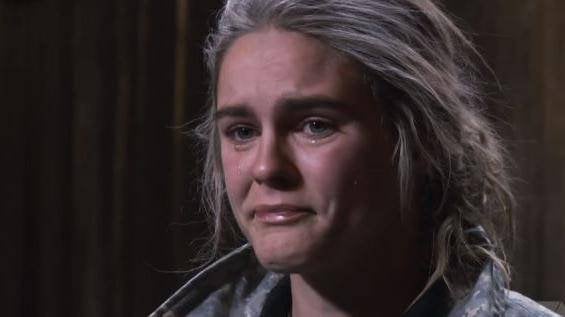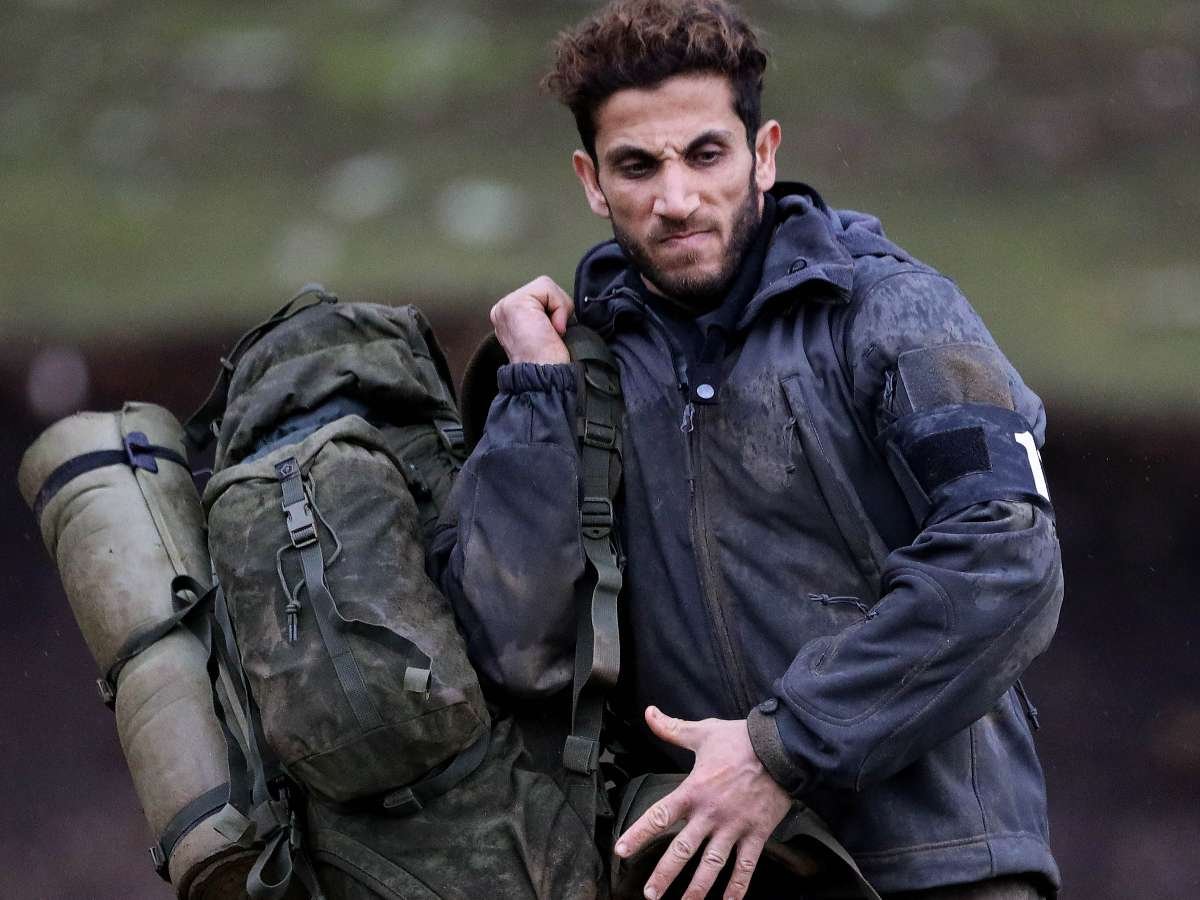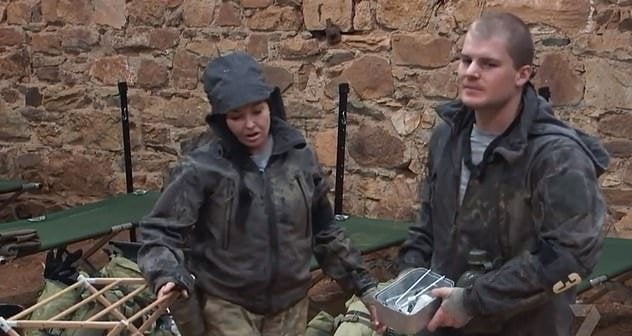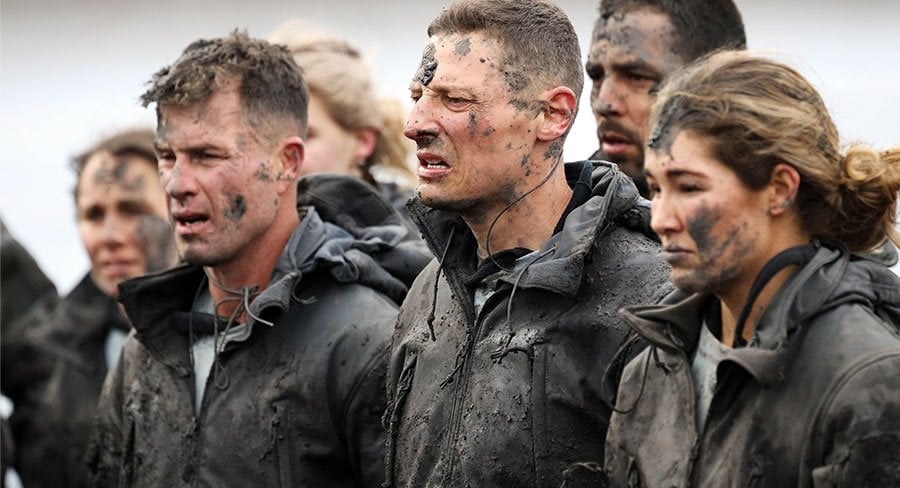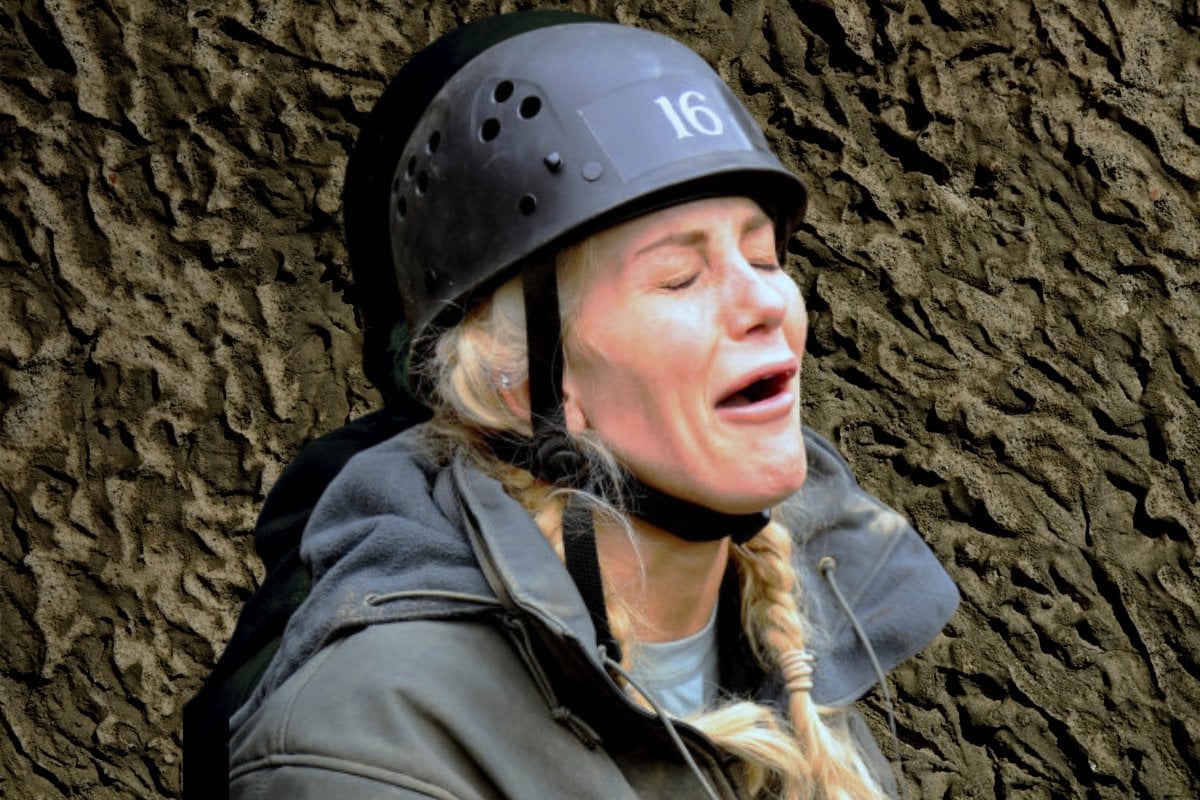
SAS Australia has been on our screens for a couple of weeks now and we would be lying if we said we haven’t revelled in watching celebrities get a ‘beasting’ from ex-Special Forces soldiers while covered head to toe in mud.
The show declares the tasks the celebrities are forced to face are pulled directly from SAS recruitment schemes (AKA the hardest and most brutal job application in the world). But we really want to know exactly how similar it is…
So Mamamia spoke to Officer X, who endured the Parachute Regiment recruitment scheme and served for the SAS, to find out how real life and reality TV really match up.
Overall, do you think SAS Australia is an accurate portrayal of the SAS recruitment process?
"It’s a fairly decent adaptation of the selection process, but the key point of difference is that while the TV show is filmed over two weeks, the real SAS selection takes six months."
So, what isn’t accurate about SAS Australia?
"All that emotional s**t. The warm cuddly stuff post-VW never happens. When you’re gone, you’re gone. And you go straight back to your normal life."
Watch: Why Candice Warner signed up for SAS Australia. Post continues after video.
"Beyond that, the interrogations are well off. To give you an example, when you’re in the escape and evasion part of the course you are set up to be caught and, essentially, captured by the enemy.

